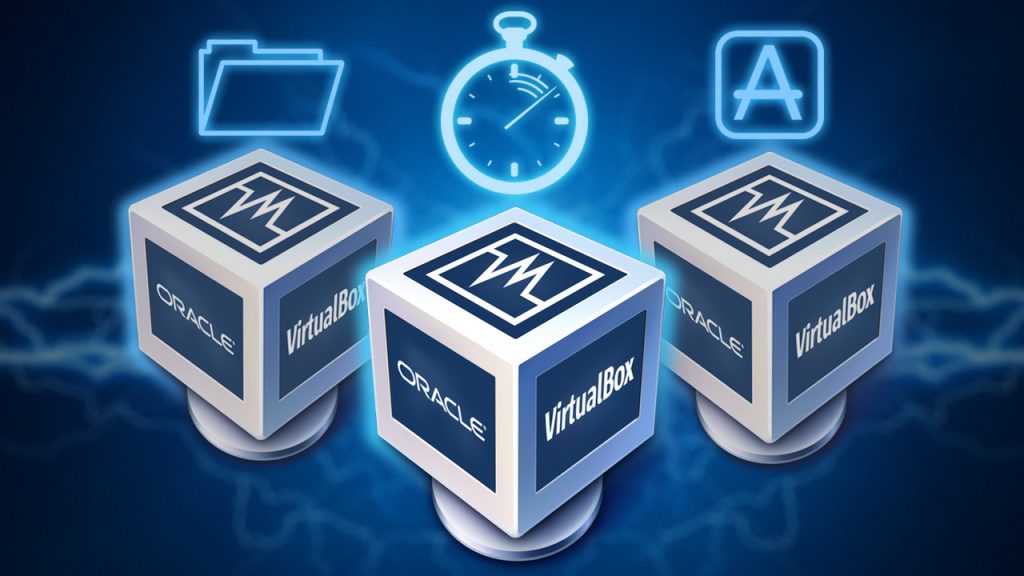What utilities are provided by Virtual Machines?
There are numerous utilities and benefits which we can get from a virtual machine.
Some of the applications we might make of virtual machines are as follows:
- To test operating systems. If all your life you have used Windows and want to try another operating system, such as Linux Mint, you can do it through a virtual machine. Also, the process of an installation in the virtual machine is extremely easy since we will not have to worry about creating additional partitions in our hard disk, etc.
- To use software that is not available in our operating system. So, for example if we are Linux users and we want to use Photoshop, we can do it through a virtual machine.
- Sometimes we must use software that can only be run on operating systems that are obsolete. So therefore, if we have a program that can only be used in Windows 98, we can create a virtual machine with Windows 98 and run and use the software without any problem.
- We can experiment in the operating system that runs inside the virtual machine doing things that we would not dare to do with our operating system, such as applying a software update, surfing safely on a web page that we consider suspicious, etc.
- Next, we can use virtual machines as a sandbox in order to, for example, execute malicious applications or open suspicious emails in a controlled and secure environment.
- Then, we can create / simulate a computer network with just one computer. We can use this network of virtualized computers for training purposes and in this way acquire knowledge about network administration.
- If you are a software developer, you can test if the program you are developing works correctly in several operating systems.
- To test alpha, Beta and Release candidate versions of certain programs and operating systems.
- Then, to mount a web server, a VPN server, a mail server or any other type of server.
- To test a multitude of programs on Windows. Next, to prevent the registry from becoming dirty through installations and Uninstallations of programs.
What advantages do Virtual Machines provide?
Some of the advantages that virtual machines and virtualization provide are the following:
- If a server or virtualized operating system is unconfigured, as compared with a real machine. It is extremely easy to restore. If we take the necessary precautions we can very easily. And very quickly restore the state that had a virtualized operating system, or a server.
- As we speak about the business environment, operating system and server virtualization presupposes an economic saving and considerable capacity. They avoid investing in a multitude of physical facilities, saving money and space using virtualisation.
- The use of virtual machines, as we have just learned, implies having less physical equipment. Virtualizing servers or operating systems can mean significant maintenance and energy savings.
- Virtualization and dynamic balancing allow us to increase a server’s service levels in the following way. If we have a web server, we can delegate additional resources in the load peaks to the server, such as RAM and CPU. To prevent the server from decreasing and thus improve the service rate. Once the peak load is over, we can divert the resources that are applied to the web server to another need we have. So besides improving the service rate, resources can be better optimized.
- If we use a virtual machine in a production environment, we can very simply expand the capabilities of an operating system or server. We just need to access the virtualization software and assign more resources quite easily.
- Creation of an area for testing of all kinds is extremely easy. In this way we’ll easily get a completely isolate test environment from the rest of the systems.
- Virtual machines and virtualization allow easy and straightforward use of a single service per virtualized computer. Even if one of the virtualized servers is removed, the other will continue to work in this way.



